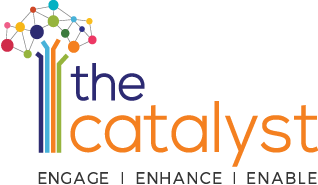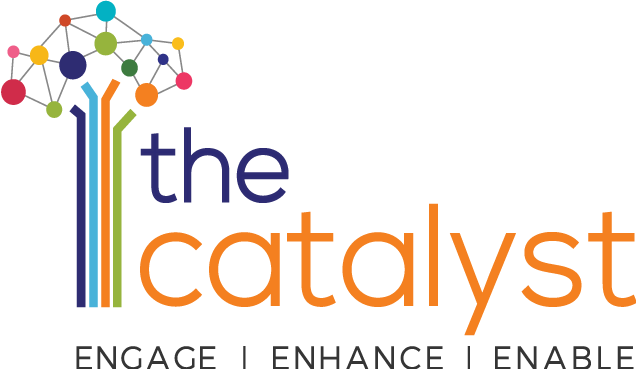Smitha is a high-performing Sales Representative for a Pharma company. She is always looked upon with awe by her peers. She attributes her success to customising her sales approach to doctors based on their preferences by reading the room.
For example, if a doctor’s chamber has a lot of books – she would understand that the doctor is a keen academic. She would rather approach that doctor with a lot of latest research in her field and also talk in-depth about scientific claims.
On the other hand, if the doctor is flamboyant, and has a lot of awards displayed, she would understand that the doctor is driven by recognition and appreciation, and position how the product enhances the doctor’s credibility.
This fine sales skill that is making her sell effectively is called Emotional Intelligence. It is about understanding the other person and having control over own emotions, leading to effective communication.
A study by the Hay Group supports this. It finds that salespeople with high EQ produced twice the revenue of those with average or below-average scores.
The Need for Emotional Intelligence in Sales Team
Often a purchase decision is considered to be only logical. In fact, it is a whole spectrum of emotional decisions that actually trigger sales.
After all, the buying process is an emotional experience for both the buyer and the seller.
This means the more a salesperson understands the underlying emotions in a sales interaction, the better the chances of sales conversion.
A salesperson’s core job is to break down barriers with total strangers, warm the leads, build trustworthy relationships with them and handle objections to make a sale.
He/She has to step into the shoes of the prospect and see what is the key motivating factor for the buyer and how your product/service satisfies that motivating factor. And hence present the solution in a way that the prospect can relate to, thus, closing a sale and generating more revenue for the company.
Sales is also a process that involves numerous rejections before final acceptance by the customer. This means, in the sales process, the salesperson should be able to cope with rejections, accept delayed gratification and manage stress.
Essentially, it is all about managing his/her own emotions as well as the customer’s!
What are the Skills required by Emotionally intelligent sales professionals?
That’s great! But how does one pin down what are the essential elements of Emotional Intelligence that one needs to manage?
Daniel Goleman’s put the key EI skills for sales as “12 competencies of emotional intelligence” in 4 buckets.
Self-Awareness |
Self-Management |
Social Awareness |
Relationship Management |
| Emotional Self-Awareness | Emotional Self-Control | Empathy | Influence |
| Adaptability | Coach and Mentor | ||
| Achievement Orientation | Organisational Awareness | Conflict Management | |
| Positive Outlook | Team Work | ||
| Inspirational Leadership |
The EI competencies that top salespeople exhibit are –
- Emotional self-awareness – be aware of one’s own emotions, strengths and weaknesses and their effects on performance.
- Emotional self-control – be able to do the right thing even under stressful conditions, say to respond instead of react.
- Adaptability – be intuitively aware of other’s emotions and behavioural styles, and adapt own to strike an effective communication.
- Achievement orientation – be able to set measurable goals and a desire to succeed.
- Positive outlook – be able to keep going after the goals in spite of hurdles and setbacks, taking every situation positively.
- Empathy – be able to read other’s emotions and respond accordingly, say judge the feeling of the prospect/customer, adapt the approach for the right conversation.
- Organisational awareness – be able to understand the dynamics of the organisation, identify networking opportunities etc
- Influence – be able to have a positive impact on others and get them do what you want them to do.
- Coach and mentor – be able to support colleagues and subordinates. Often a good coaching skill also means readiness to learn and an ability to ask the right questions. A skill that can be well applied in the Sales process.
- Conflict management – be able to bring disagreements into the open and define solutions.
- Teamwork – be able to work with others toward a shared goal, participate actively, share responsibility and rewards and contribute to the capability of the team.
- Inspirational leadership – be able to connect with what is important to you and with what is important to the people that you work with.
These emotional intelligence competencies help a salesperson to connect to the customer, build trust, close a deal, face rejections and keep doing it to meet the targets.
The good thing about emotional intelligence competencies is that they can be developed by giving the right training and coaching to your sales team. In fact, a study on EI development program at a pharmaceutical company suggests that EI training increased the sales closing rate by 12% when compared to the control group.
How to Develop Emotional Intelligence Competencies in your Sales Team
As a starting point, you can take a simple EI test to see the emotional competencies you are good at and where you need development. Investing in Emotional Intelligence training for your sales team helps build an equal level of competencies in the entire team. Thus, building a similar culture across the organisation apart from the increased bottom line.
Having said that, given that Emotional Intelligence is a vast topic, it is best suggested that organisations identify 4-5 key aspects of Emotional Intelligence that are relevant to be built for their sales teams and run programs in alignment with those. If you want the program to deliver the right results, all 12 need not be and must not be part of an EI program.
Here are some Sales Capability programs from The Catalyst.
Also Read: Why Emotional Intelligence is an Indispensable Skill for Sales Leaders
Here are a couple of case studies on Sales Training for enhancing selling skills by The Catalyst
The Catalyst as a Training Partner to develop emotional intelligence for your salespeople
The right training for emotional intelligence should be from the people who have done sales themselves. The Catalyst team comprises of experts in FMCG, OTC, B2B and Direct sales who understand the challenges and motivators of sales people.
Get in touch with us to see which sales program works best for you.
Our Programs
Here is a list of all our Experiential Learning Formats.
Success Stories
Check out some of the earlier projects undertaken by The Catalyst.
Testimonials
Read what our participants have to say about our programs!







Leave a Reply
Your email is safe with us.
You must be logged in to post a comment.